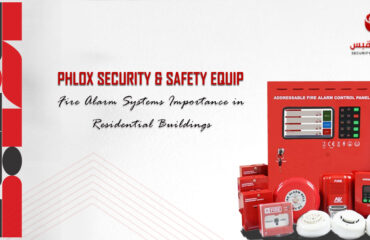
Wired vs. Wireless Smoke Detectors in Apartments: Key Differences Explained
When it comes to fire safety in apartments, choosing the right type of smoke detector is crucial. The two main types—wired smoke detectors and wireless smoke detectors—offer different features that suit varying needs. Here’s a breakdown of the key differences to help you decide what’s best for your apartment.
Power Source and Installation
Wired smoke detectors are hardwired into your apartment’s electrical system and often include a battery backup. They require professional installation, making them ideal for new builds or renovations.
Wireless smoke detectors, on the other hand, are battery-powered and easy to install. They’re perfect for renters or those living in older buildings without existing wiring. Many modern wireless units offer 10-year sealed batteries, reducing maintenance.
Connectivity and Interlinking
A major advantage of wired detectors is that they can be interconnected, so when one alarm sounds, all units in the system activate. This provides a faster alert during emergencies.
Wireless detectors can also interconnect using radio frequency or Wi-Fi, but they may require specific models or hubs to do so. Newer wireless systems even send alerts to your smartphone, adding a layer of convenience and safety.
Reliability and Maintenance
Wired detectors are considered slightly more reliable due to constant power supply, but they can be affected by power outages. Wireless detectors rely solely on battery power, so regular battery checks are essential unless they feature long-life batteries.
Final Thoughts
For apartment dwellers, wireless smoke detectors offer flexibility, easy installation, and smart features. Wired smoke detectors provide robust, interconnected protection but may not be practical for every living situation.
When optimizing fire safety in your apartment, understanding the differences between wired and wireless smoke detectors ensures you choose the most effective solution.
Keywords: wireless vs wired smoke detectors, apartment smoke detector, smoke alarm comparison, fire safety in apartments.



